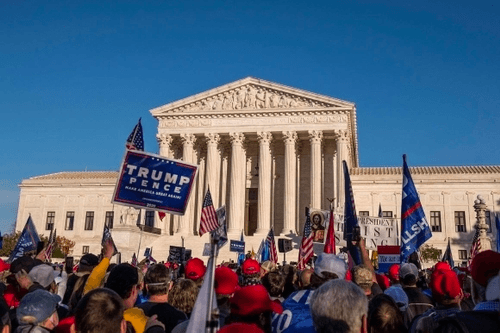History

- 2021|
Brnovich v. Democratic National Committee
Brnovich v. DNC is one of the Supreme Court’s most significant — and divisive — voting rights cases in recent years.
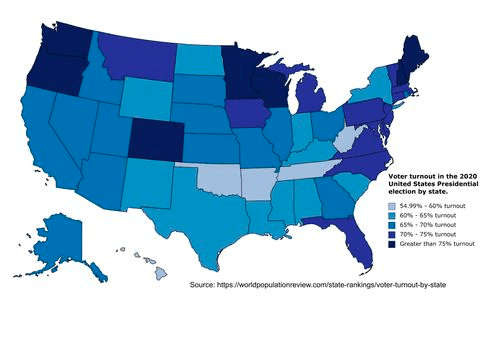
- 2020|
2020 Election Turnout
The 2020 presidential election saw one of the highest voter turnouts in modern American history, with roughly 2/3 of eligible voters casting a ballot.
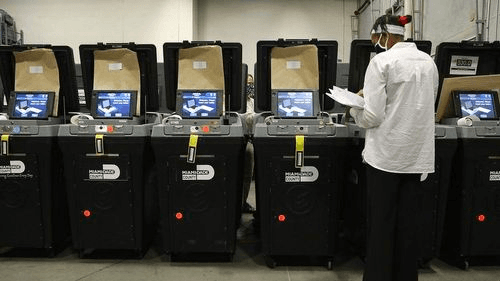
- 2020|
Dominion Voting
Following the 2020 elections, Dominion Voting, a company helping run elections in 28 states, was the target of some fraud allegations, prompting legal actions.
Introduction
Major news organizations announced Joe Biden won the presidency three days after Election Day, as states took more time to count a record number of absentee ballots and early votes. After the results, President Trump and other Republican lawmakers began to file lawsuits in battleground states he lost. Most of these lawsuits claimed some type of election fraud, often alleging states or counties violated their own election laws while counting ballots. Courts ruled against Trump and his allies in almost every case.
Vote By Mail
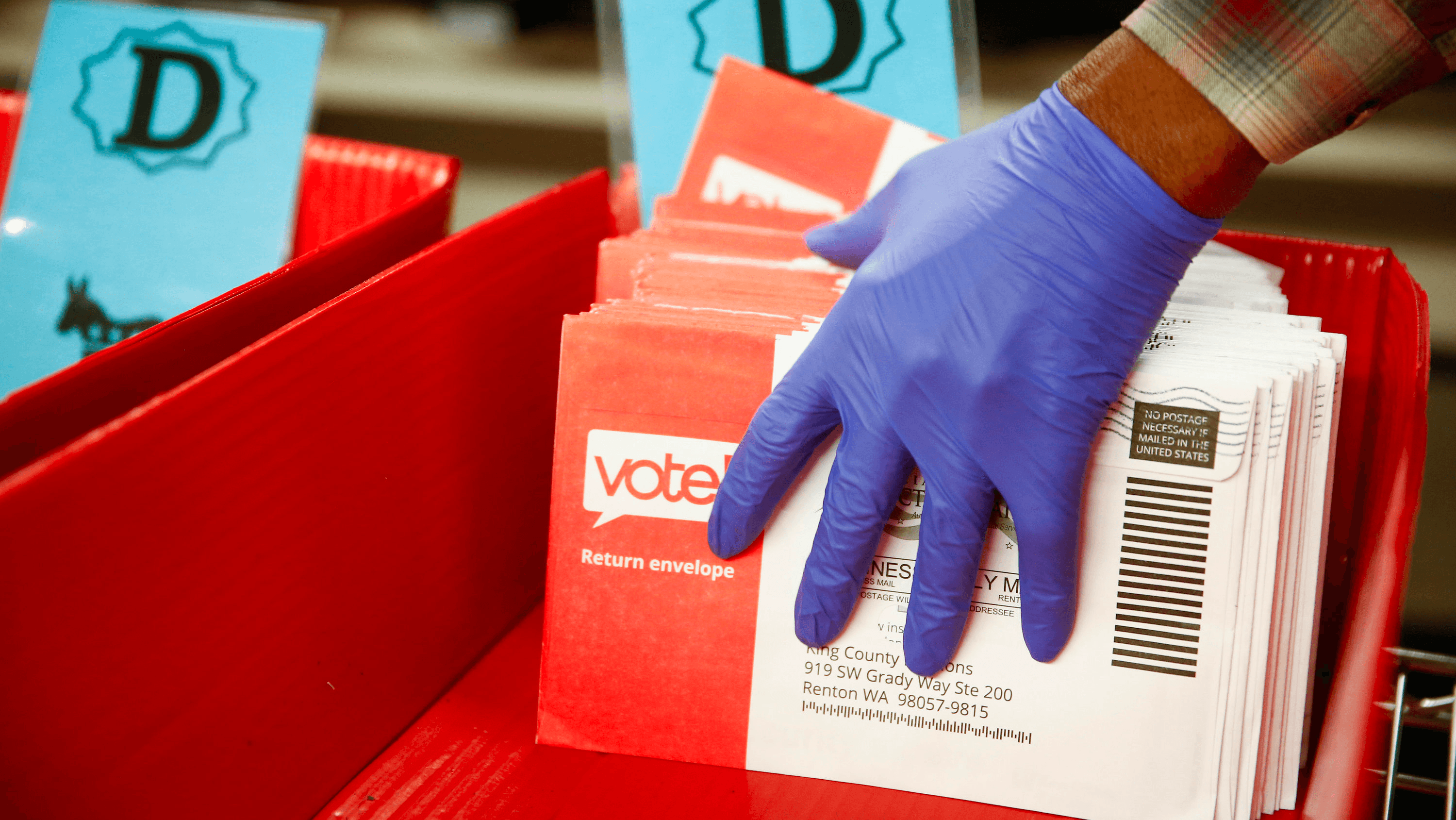
The Covid-19 pandemic’s contribution to increasing early and mail-in voting rates created skepticism primarily amongst Republicans regarding the outcome of the 2020 election. The country witnessed red and blue “mirages” on Election Day. Blue mirages happened in states that process and count mail-in ballots before Election Day, skewing the count for Democrats. In states that do not count mail-in ballots until Election Day, red mirages occurred. Since they take longer to count than regular ballots, initial counts leaned Republican. The latter prompted a lot of claims that Democrats were fraudulently creating votes amplified by the frustration of longer counting.
Lawsuits
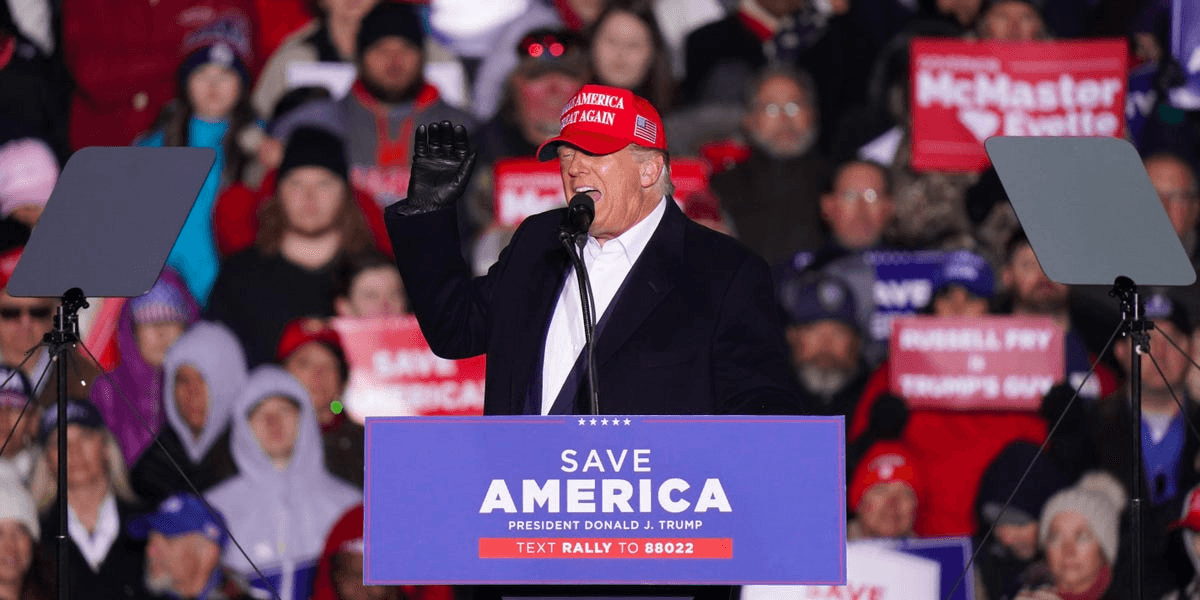
President Trump and various Republicans filed lawsuits in multiple battleground states following the election results, including Michigan, Nevada, Arizona, Pennsylvania, Wisconsin, and Georgia. These lawsuits asserted that states and counties broke election laws. The Republican Party also filed appeals directly to the Supreme Court, though the Court refused to hear them.
Pennsylvania itself saw 13 lawsuits. President Trump and the RNC won one case, which asked the state appeals court to reject Pennsylvania’s decision to allow registered voters to show proof of ID for their mail-in ballots until November 12 (the campaign said it should be until November 9). However, the State Supreme Court ultimately overturned the lower court’s decision.
State Supreme Courts dismissed most lawsuits that claimed widespread voter fraud occurred in battleground states. President Trump continued to pressure state officials into overturning what he thought were false votes and requested different state electors. Trump met with top Republican legislators in Michigan, but they made it clear they would not replace their electors. Similar frustrations from the Trump team boiled over into other states seen in the leaked Trump-Raffensperger call in Georgia.
State Challenges

In addition to campaign and legislature challenges, a group of 17 states (Missouri, Alabama, Arkansas, Florida, Indiana, Kansas, Louisiana, Mississippi, Montana, Nebraska, North Dakota, Oklahoma, South Carolina, South Dakota, Tennessee, Utah, and West Virginia) filed a joint lawsuit against Wisconsin, Pennsylvania, Georgia, and Michigan resulting in a direct Supreme Court challenge (The Texas Lawsuit). The 17 states argued that weak election security in those four states affected the voice of their people at the federal level. The Court decided against hearing the case stating, “Texas has not demonstrated a judicially cognizable interest in the manner in which another State conducts its elections.”
Since November 2020, President Trump and the Republican Party filed 62 lawsuits in state and federal courts to overturn election results with 61 losses and the aforementioned Pennsylvania victory. Additional lawfare continued outside of the Trump campaign, such as the Arizona State Senate’s controversial audit of election results. The hand count reaffirmed Joe Biden’s victory in the state. However, some GOP state senators argue the audit showed procedural errors in Maricopa County, such as duplicated ballots. In February of 2022, GOP lawmakers began an inspection of Dominion voting machines in Pennsylvania.
Discussion Questions
- Are you surprised that courts dismissed almost all of the Trump campaign’s lawsuits?
- Should the Courts have taken these lawsuits more seriously? Do you agree with the Right narrative’s idea that election fraud was present?
- Did former President Trump or his allies allege fraud in your state?
Narratives
Left Narrative
The 2020 election was safe and secure, with no evidence of widespread voter fraud. Judges and election officials, including many Republican ones, have repeatedly debunked all of the former President’s false claims. Numerous recounts and even biased “audits” have reaffirmed Joe Biden’s victory. President Trump and his allies continue to peddle these baseless claims, undermining public trust in democracy and inciting acts of violence like the attack on the Capitol on January 6. In November 2020, the American people soundly rejected the hateful rhetoric and failed policies of the Trump administration. It is past time the former President accepts that.
Right Narrative
The courts failed to take up any election case because “a victim was not present.” Once Trump lost and a clear victim was present, the courts refused to take up any election case because the election was over. There has been some fraud detection in certain counties, but still no proper investigation of Dominion Voting. Republicans are troubled that many cases were not properly examined, and ongoing cases are not covered in the media.
Bipartisan Narrative
Classroom Content
Browse videos, podcasts, news and articles from around the web about this topic. All content is tagged by bias so you can find out how people are reacting across party lines.
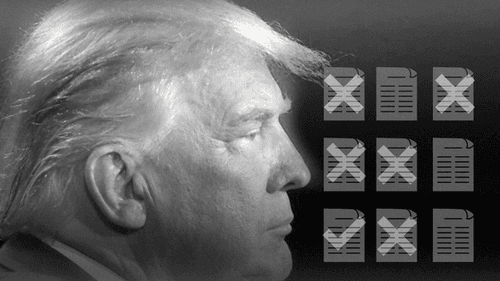
A quick guide: Trump’s lawsuits dispute election results as presidency is called for Biden
- Article •
- 10/16/2020
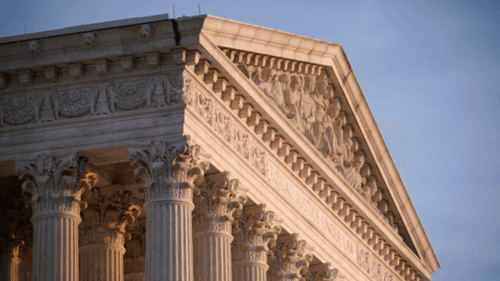
Overview of Election Challenges in Courts Across the US
- Article •
- 10/8/2020

Michigan Judge Dismisses One of the Last Lawsuits Claiming 2020 Election Fraud in the State
- Article •
- 4/18/2021
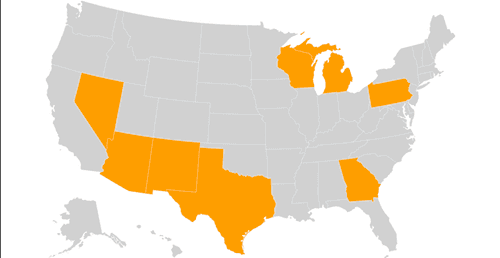
Ballotpedia’s 2020 Election Help Desk: Post-election lawsuits, 2020
- Other •
- 3/16/2021

2020 Election Litigation Tracker
- Academic •
- 7/3/2021

WATCH: Ousted DHS Official Christopher Krebs Testifies About 2020 Election Security
- Video •
- 11/16/2020

Election Law: Recapping the 2020 Election
- Podcast •
- 0/15/2021
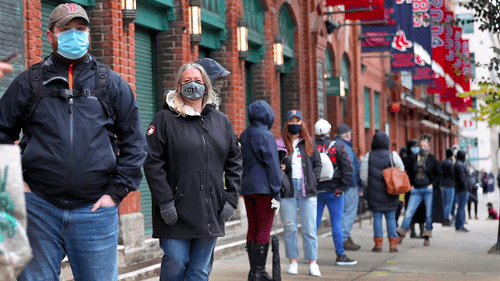
How Is Voting Going So Far In 2020
- Podcast •
- 9/21/2020

The 2020 Elections: What Worked and What Should Change?
- Podcast •
- 0/5/2021

Updates on the AUDITS! Separating Fact from Fiction - Viva & Barnes
- Video •
- 6/19/2021

Senior Legal Fellow at The Heritage Foundation Discusses President Trump’s Lawsuits
- Video •
- 11/1/2020

Legal expert on latest developments with Trump’s election lawsuits
- Video •
- 10/20/2020

Legal challenges to 2020 election results possible, experts say
- Video •
- 10/4/2020
